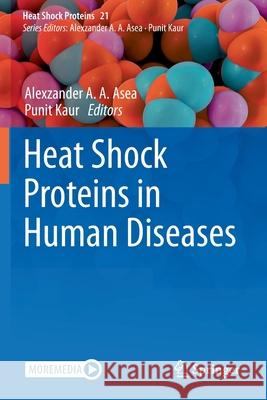Heat Shock Proteins in Human Diseases » książka
topmenu
Heat Shock Proteins in Human Diseases
ISBN-13: 9783030622916 / Angielski / Miękka / 2022 / 308 str.
Heat Shock Proteins in Human Diseases
ISBN-13: 9783030622916 / Angielski / Miękka / 2022 / 308 str.
cena 603,81
(netto: 575,06 VAT: 5%)
Najniższa cena z 30 dni: 578,30
(netto: 575,06 VAT: 5%)
Najniższa cena z 30 dni: 578,30
Termin realizacji zamówienia:
ok. 22 dni roboczych.
ok. 22 dni roboczych.
Darmowa dostawa!











